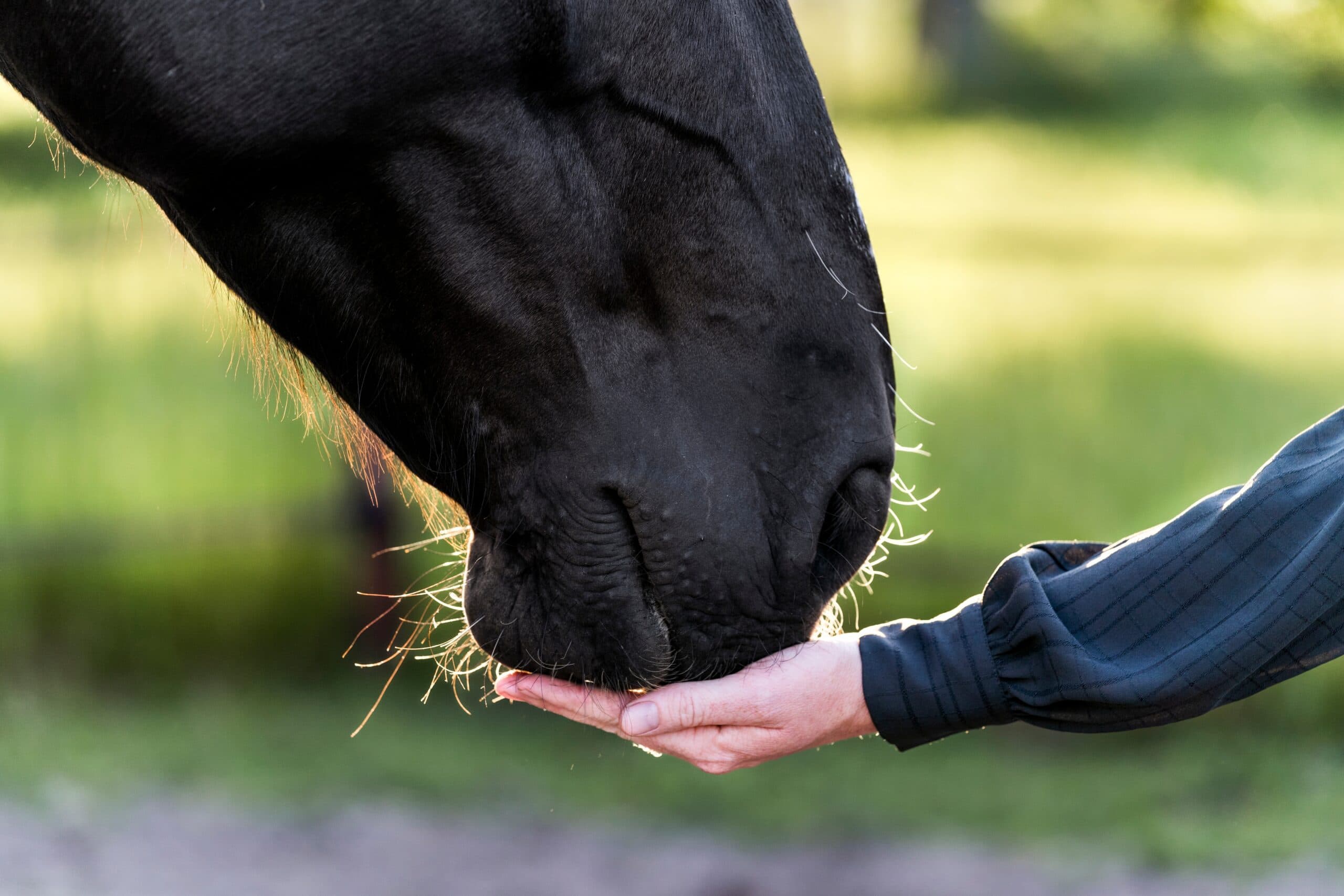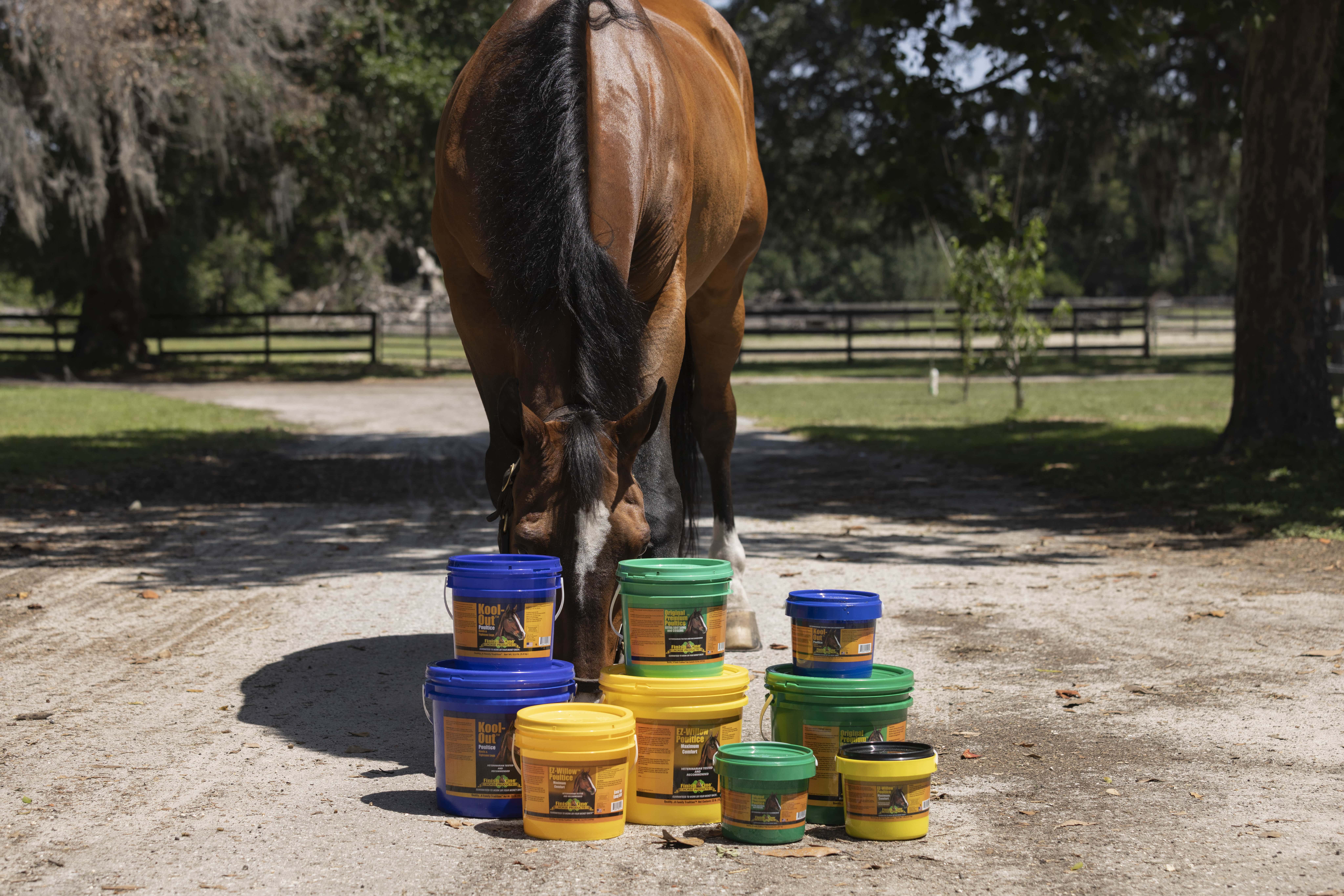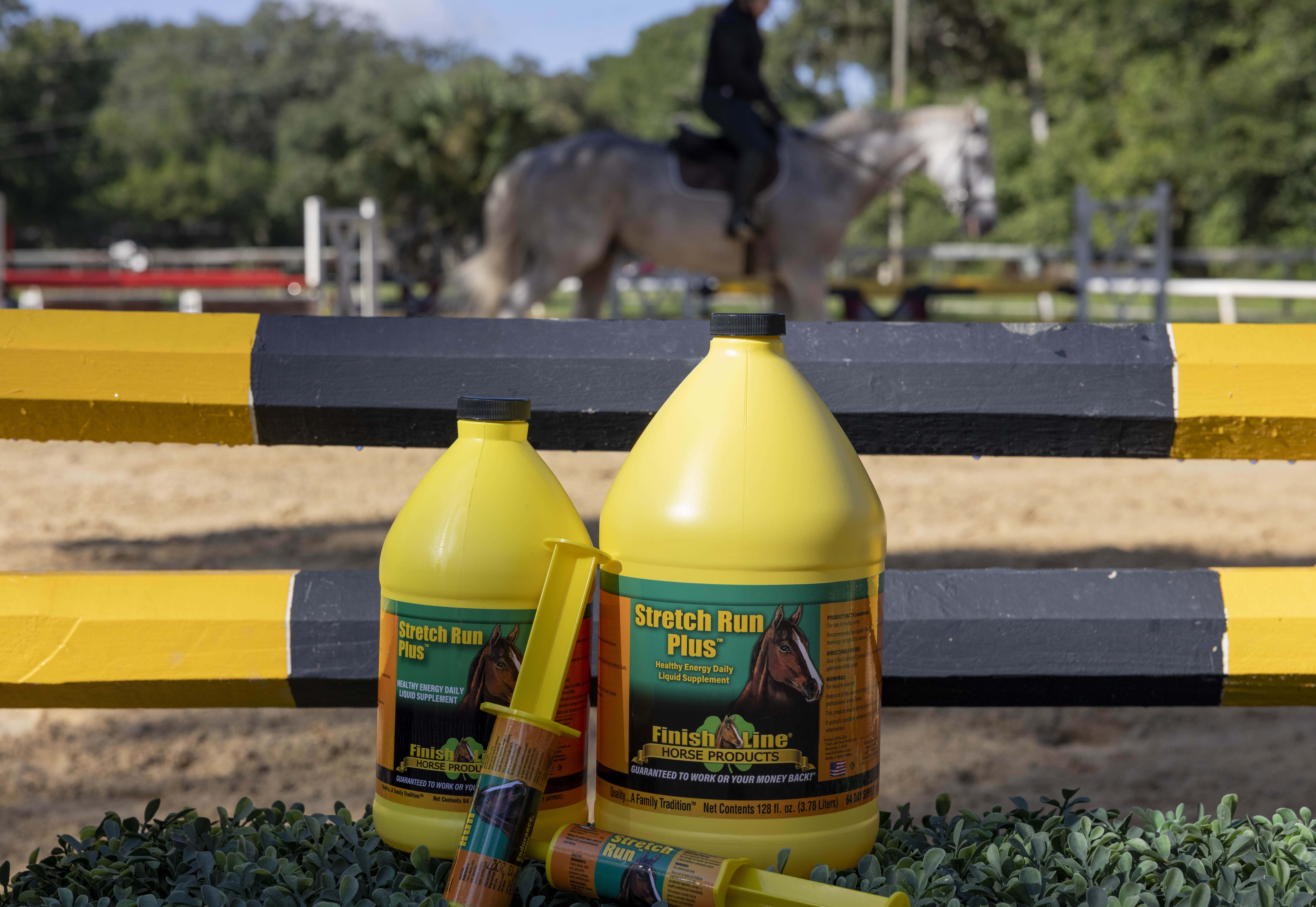Horses are expensive creatures, and owning one can quickly wreck your budget if you’re not careful. Competitions, vet visits and tack quickly add up, not to mention the recurring costs of feed and board. Here are a few tips for owning a horse on a budget:
Understanding your expenses
The first thing to do is determine how much your equine expenses will be on average. These will vary depending on your location, the fees charged by local veterinarians, the brands of feed and equipment available, local weather conditions and whether your horse has any chronic health issues. The best way to understand how much a horse will cost is to ask other owners in your area.
As you develop a list of expenses, consider which ones are needs and which are wants. As the University of Maryland points out, anything beyond feed, water, board and health care is a want, and only you can determine if such extras are worth the price.
“Preventative health care is key to keeping a horse on a budget.”
Keeping veterinary costs down
Vet care is expensive, but an unexpected illness or injury can set you back hundreds, even thousands, of dollars. Therefore, preventative health care is key to keeping a horse on a budget. Keep your horse healthy with a balanced diet of high-quality forage and make sure it has ample access to pasture. It is okay to spend a bit more on feed, as the better quality options have more nutrient value and are less likely to be moldy. You can also cut costs by removing grain from your horse’s diet. According to Living the Country Life, horses ridden only a few times a week don’t need grain to stay healthy. Or feed small amounts of grain combined with equine supplements to support the health of specific areas like your horse’s coat, lungs or gut, or use a multivitamin like Finish Line’s Ultra Fire.
You will need to take your horse to the vet eventually, so try and develop a good working relationship with him or her. Have your vet teach you some basic care tips like dressing wounds and administering medications. This way, you don’t have to schedule a visit for every minor thing.
“I think horse owners should learn to give intermuscular injections,” Krishona Martinson, a horse specialist at the University of Minnesota, told Living the Country Life. “I also think with basic wounds, you can learn to do a simple bandage. Learn how to take your horse’s temperature and to look at more of its vital signs.”
At the same time, don’t attempt to take on more care than you’re comfortable with. It’s better to pay than risk seriously injuring your horse attempting to treat it.
Proper dental care is also important. A horse’s teeth sharpen and develop irregularities over time, leading to oral wounds and poorly chewed food. Large pieces of poorly chewed food in the stomach make your horse colicky and causes other digestive issues. Your veterinarian will check your equine’s teeth regularly and can give you specific instructions should your horse have dental problems.
“See if somewhere local offers shoeing lessons.”
Hoof health
Products like Finish Line’s Feet First Coat 2nd promote healthy hooves, but they’re no replacement for visits from a farrier. According to TheHorse.com, an equine’s hooves must be trimmed or shoed every six to eight weeks, and these appointments can cost $40 to $100 each for standard shoeing. If this is outside your budget, see if your nearest veterinary school, farm animal hospital or other institution offers shoeing lessons. You’ll learn basic hoof care procedures, and successfully completing a course cuts down on the frequency of farrier visits you’ll need in the future.
Boarding on a budget
Keeping your horse on your property is the most economical option. If you don’t have a barn already, rest easy knowing your horse will be fine with a loafing shed, which is cheaper to build and maintain.
Of course, not everyone has the space or resources to keep their horse with them. Pass on boarding with excessive amenities like an indoor riding ring, and look for a place that’s close to home.
If the cost is simply too much, talk with the stable owner about working in exchange for a reduced boarding rate. Many need help cleaning and caring for horses and will welcome the offer. You’ll also be able to spend more time socializing with your horse.








